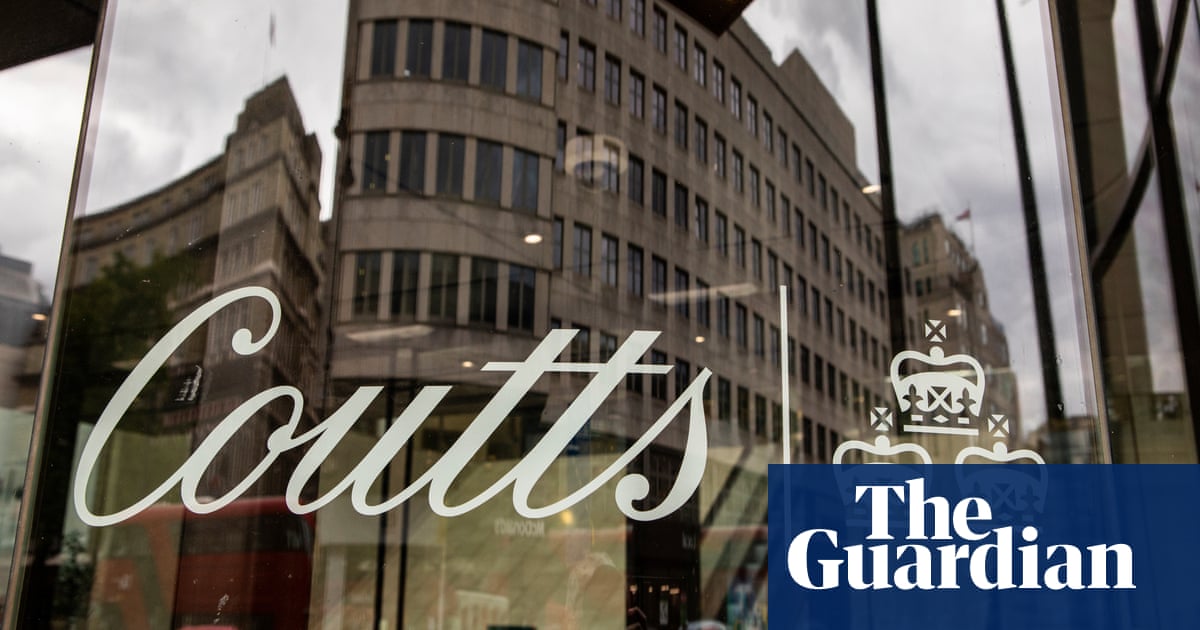
Flag. noun. A piece of bunting used as an emblem for military or naval purposes, signalling decoration, display, propaganda.
Flag. verb. To droop, to flap feebly, to grow spiritless.
Yep. That just about covers it. As the current England shirt flag-desecration lesbian conspiracy-rage shemozzle (imagine explaining all this, in fine detail, to a time traveller from 1993) edges into its third day, both dictionary definitions of the four-letter word at its centre seem about right.
Perhaps with a little foresight the Football Association could have avoided the unhappiness over the recoloured George Cross on its latest overpriced scratchy nylon replica shirt by suggesting this design detail was related to the fact England v Brazil takes place on the weekend of Palm Sunday, when the cross is traditionally hung with purple, thereby out-sanctifying even the most patriotic of brocade-fondlers.
Not that this would have helped anyone get any closer to the objective truth here. Which is that the flag (and this isn’t The Flag. It’s a flag, not a protected symbol. Nike’s decision to go with a purple, blue and pink version of the beloved cross may be pointless, gimmicky, and even quite cynical – nobody here does anything without focus-grouping every last chevron and flash: if the response really was unforeseen then the FA and Nike need to sack their entire marketing teams).
But the fact remains there are no laws or rules about desecrating the flag, because it isn’t sacred in the first place. Were England to play a match at sea wearing a giant version of this shirt they could in theory be accused of committing an offence under the Merchant Shipping Act by displaying an incorrect ensign (ask yourself, has Gareth Southgate even considered this? Is Ben White’s absence related to potential maritime malfeasance?).
More to the point, the fact no laws or rules are being broken here is significant in its own right if we’re talking culture, heritage and values. The freedom not to give two hoots about fabric colours, or saluting the right way, or browbeating notions of patriotism is, in fact, very British. Men and women have fought to defend this freedom. What could be more worthy of preserving?
Otherwise, it is worth pointing out the flag has often been endlessly chopped up and repurposed down the years. Did Geri Halliwell’s iconic mini-dress mean nothing at all? The flag is embedded in the rear headlights of a new-shape Mini Cooper. The flag is currently available as a graffiti-style T-shirt in your local Next. The flag is a brand. Traditionally it wasn’t even much of a football thing, was a Union Jack in the stands until Euro 96, was absent entirely from the 1966 shirt. It is simply a part of the pageantry around the edges.
And yet here we are all the same, edging once again through the familiar cycle of England football rage (late Southgate era). At which point two familiar questions present themselves. Does any of this actually matter? And is there any way of stopping it?
The answer to the second of these questions is clearly no. Early on there was a small, tantalising chance that annoyance over the “playful” (this is also disingenuous) reworking of the George Cross might have passed off as just another routine expression of localised internet brain-rage.
That possibility was extinguished by Keir Starmer’s calculated and essentially untruthful contribution into the debate. Starmer, it can be 100% guaranteed, does not actually care about this issue. His decision to call for the shirt to be scrapped, thereby amplifying people’s unhappiness over it for political gain, comes at the traditional point in an election year when Labour’s campaigning is geared towards not looking like Labour, which is, it seems, the best way to be elected as Labour. Way to go, UK party politics.
Starmer has been joined by the usual cast of people who stand to profit by fanning division. Nigel Farage has a view. Joey Barton is dropping truth warheads on X, rolling out a too-scared-to-actually-say-it-aloud riff on the great replacement theory, which was also a key propaganda tool of the Nazi party during the rise of Adolf Hitler. Rishi Sunak has come up with a hedged statement of his own, expressing not actual coherent views or feelings – don’t be ridiculous – but the semiotics and word clouds and facial expressions his data-crunchers decide to go with.
And so this will rumble on across the last friendly international double-header of the season, with a sense there is no other time outside of international football where England feels quite so much like a strange, small, damp angry island marooned at the jumping-off point between the continents.
There are still two things worth saying about all this. First, while it may be tempting to trivialise people’s feelings of rage at a discoloured flag, in part because it just seems really trivial, that urge is also part of the problem. Even the FA’s statement on Friday afternoon in response to the public furore struck a baffled, airy tone, as though this was all completely unforeseeable, even a little beneath it.
In reality the response was entirely predictable. Thousands of people have signed a petition to scrap the new shirt and boycott Nike. Football has become the amplifier, the echo board for feelings that are undeniably real, for ambient reserves of discontent and rage, the feeling that always emerges around England football, the sense that something is being diminished, lessened, taken away.
This may seem like a uniquely English thing. No other nation talks quite so insistently about its feelings (there is no equivalent Dear Portugal smash-hit play currently running in Lisbon theatreland about the struggles of being Portuguese in the Fernando Santos era). But the presence at Wembley of both Brazil (coup talk, riots, national shirt hijacked) and Belgium (farmers currently spraying riot police with manure) is a reminder that there is an epidemic of unhappiness and alienation out there. Football is simply the muster point for these feelings. And it has a responsibility to take care.
Finally, none of this is likely to smooth the way to success on the pitch. The relentless politicising of Southgate is absurd on so many levels, not least around the issue of flags. Southgate is a patriot, a cap-laden servant of the national game and a kind, tolerant, definitively English kind of person. It still seems absurd that there should be such a constant dirge of toxic noises around this team.
There are clearly public voices, angry supporter subsets and people with a media platform who would now prefer England and Southgate to fail from this point, because positions are so entrenched, because it is better to be right, because success would now be hard to digest.
Clearly some part of this lies behind the more extreme and thunderous reactions to the flag shemozzle. For decades England teams struggled under the weight of underperformance. This version seems to have found a novel and highly distinctive method of increasing its chances of failure. Toxicity, distraction, outside pressure, it will all take a toll at some point.












